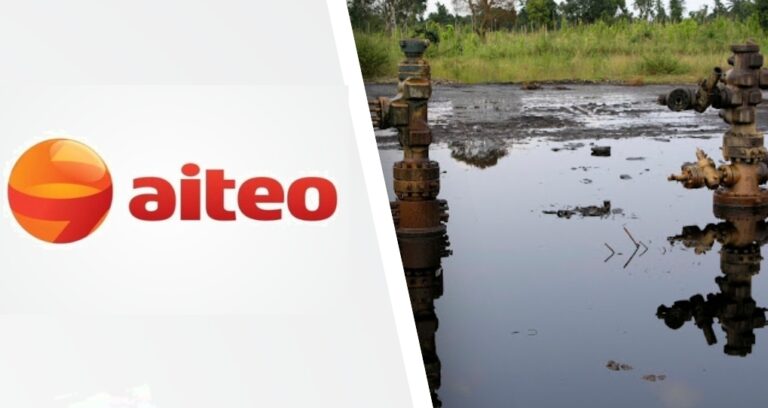In a major step toward transforming the regional energy landscape, Nigerian oil and gas giant Aiteo Eastern E&P Company Limited has entered into a strategic partnership with Mozambique’s national petroleum company, PETROMOC, to construct a 200,000-barrel-per-day refinery.
The announcement, made during the Mozambique Mining and Energy Conference, marks a significant milestone for the East African nation, which currently imports the bulk of its refined petroleum products. The ambitious refinery project is expected to be completed within 24 months, according to President Daniel Chapo of Mozambique.
“This refinery will not only enhance our fuel production capacity but also position Mozambique as a central player in the region’s energy supply chain,” President Chapo stated. “It will generate jobs, particularly for our youth, and boost our storage capacity to 160,000 metric tonnes for liquid fuels and 24,000 metric tonnes for LPG.”
Designed to produce gasoline, diesel, naphtha, and Jet A1 fuel, the facility aims to serve both domestic needs and neighboring markets across Southern Africa. Industry analysts, including Quantum Commodity Intelligence, say the project could reshape trade flows in the African energy sector, similar to how Nigeria’s Dangote Refinery has begun to alter West Africa’s fuel import-export dynamics.
Currently, Mozambique is heavily reliant on fuel imports, primarily from India, the UAE, Bahrain, Saudi Arabia, and Malaysia. The new facility is seen as a game-changer that could reduce this dependency and improve energy security.
However, experts warn that the proposed two-year timeline for refinery completion is highly ambitious. Traditionally, such large-scale infrastructure projects span between three and eight years, depending on complexity, financing, and construction challenges.
In a related development, President Chapo also unveiled a cross-border petroleum pipeline project that will connect the port city of Beira to Zambia. With a projected completion time of four years, the pipeline is expected to transport 3.5 million metric tonnes of petroleum products annually. The infrastructure will help ease traffic congestion along National Road Number 6 and improve fuel distribution efficiency across the region.
Together, these initiatives highlight Mozambique’s growing commitment to becoming an energy hub in Southern Africa, attracting foreign investment and advancing its economic development agenda.


